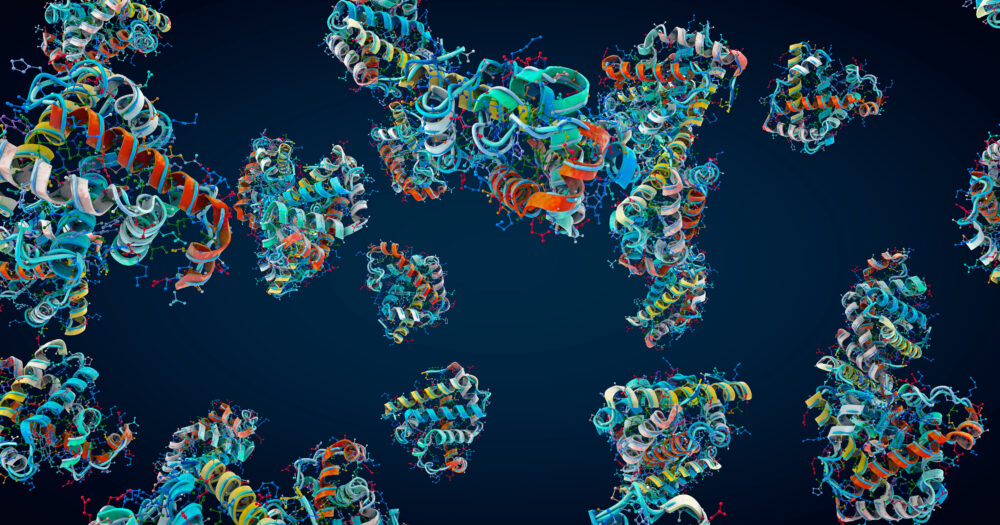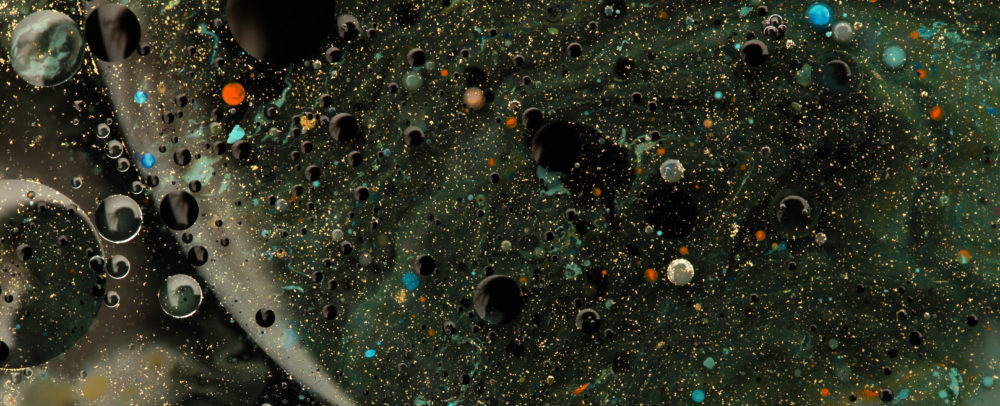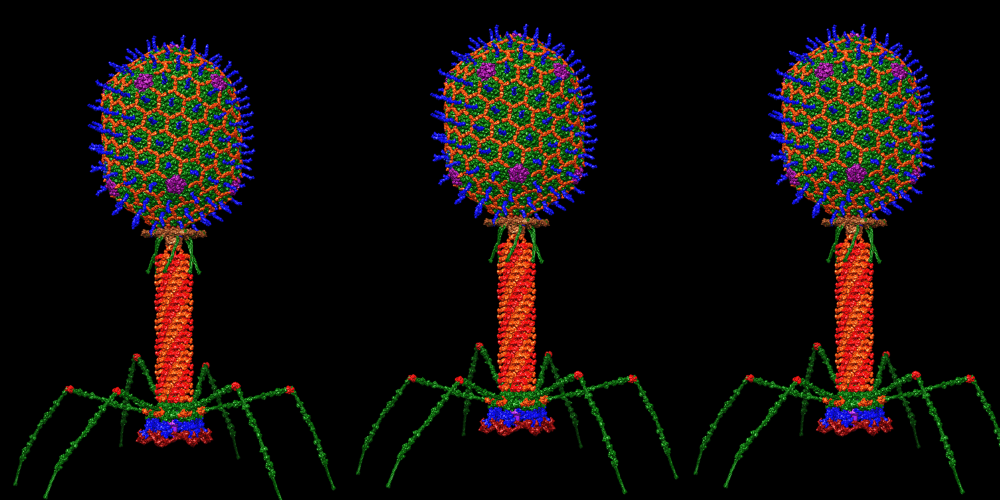


Giving Up Darwin’s Brilliant and Beautiful Theory

Brian Miller on the Limits of Protein Evolution

Protein Evolution, The Waiting Times Problem, and the Intriguing Possibility of Two First Parents

Casey Luskin Talks Intelligent Design and Cultural Renewal on the Dr. Jeff Show

Behe: Bacteriophage—The New Poster Child for Darwin’s Doom
On today’s ID the Future, Lehigh University biologist Michael Behe argues that Darwinism was built on a foundation of ignorance. Through no fault of Darwin’s, neither he nor anyone else in his day had a clue about the nature of cellular life and biological information, says Behe. Even the biologists of the Neo-Darwinian synthesis in the first half of the twentieth century were fairly clueless about the foundation of life, Behe says. When researchers did finally begin to unravel the sophisticated foundations of life, earlier notions of how evolutionary processes might have invented the great diversity of life forms on earth were exposed as causally inadequate. Behe says that in fact all the attempts to rescue the idea of mindless Read More ›

How Universal Common Descent Survives Failed Predictions
On today’s ID the Future, philosopher of biology Paul Nelson discusses his chapter in a recent Harvest House anthology edited by host Casey Luskin, The Comprehensive Guide to Science and Faith. Nelson says the theory of universal common descent, a key component of modern evolutionary theory, has generated multiple predictions that have failed. The prediction he discusses here is that there would turn out to be a single universal genetic code, since that’s what we should expect if all life on earth is descended from the last universal common ancestor (LUCA). Findings over the past three decades have proven that prediction spectacularly wrong. How does the theory of universal common descent shrug off this contrary empirical finding? The trick for Read More ›

A New Flaw in the Miller-Urey Experiment, and a Few Old
On today’s ID the Future, biologist Jonathan Wells and host Eric Anderson discuss a recently discovered problem with the famous Miller-Urey experiment, long ballyhooed in biology textbooks as dramatic experimental evidence for the naturalistic origin of life. The newly uncovered problem involves the glassware used in the experiment. It is an interesting finding, but as Wells explains, it is far from the first problem discovered with the experiment, nor the most serious one. While biology textbooks often present the 1952 experiment by Stanley Miller and Harold Urey as a key icon of evolution, even those origin-of-life researchers who hope to one day to discover a credible naturalistic scenario for the origin of the first living cell concede that the experiment Read More ›

Casey Luskin on Why Intelligent Design is Worth Defending
Today’s ID the Future spotlights The Comprehensive Guide to Science and Faith. Host Eric Anderson interviews one of the anthology’s co-editors and contributors, geologist Casey Luskin. The two focus on just one of Luskin’s contributed essays, one that addresses two primary questions: Is intelligent design true? And is it worth expending the energy to defend it against powerful opposition? Luskin answers both questions in the affirmative, and explains why he sees the new anthology as a great resource in the cause of intelligent design.

Life: Fearfully and Wonderfully Fine Tuned
Today’s ID the Future spotlights the incredible fine tuning of life. Robert J. Marks hosts Stockholm University professor of mathematical statistics Ola Hössjer and University of Miami population geneticist Daniel Díaz. The three discuss strategies for extending the concept of fine tuning to biological systems, and along the way touch on population genetics, entropy, and probability theory. At the center of the discussion are three technical papers—here, here, and here—each co-authored by one or more of the three members of today’s podcast discussion. This episode is reposted with permission from Mind Matters News, a website of Discovery Institute’s Walter Bradley Center for Natural and Artificial Intelligence. Head over to their podcast site to find the other episodes in this interview Read More ›